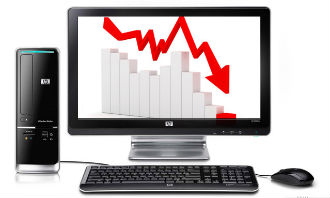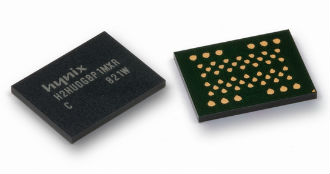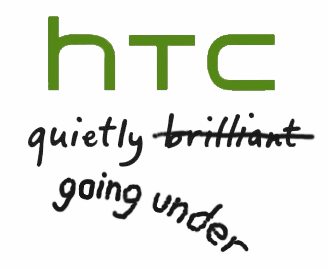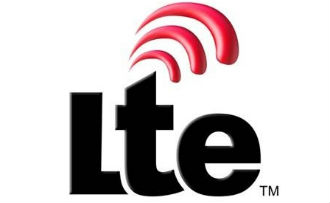 If you thought 2012 was a bad year for the PC industry, think again. Worldwide PC shipments are expected to fall by 7.8 percent this year, according to the latest IDC forecast. The forecast can be summed up in a single trend – consumers aren’t upgrading their PC boxes because they’re saving cash for tablets and smartphones.
If you thought 2012 was a bad year for the PC industry, think again. Worldwide PC shipments are expected to fall by 7.8 percent this year, according to the latest IDC forecast. The forecast can be summed up in a single trend – consumers aren’t upgrading their PC boxes because they’re saving cash for tablets and smartphones.
In fact, the outlook has been revised downwards. It was originally believed that the PC market would decline 1.3 percent in 2013, followed by a slight rebound. The new outlooks sees a 7.8 drop in 2013 and a 1.2 percent decline in 2014, with shipments recovering to 333 million units in 2017, still below the 349 million shipped last year and 363 million shipped in 2011.
It is hardly surprising, as even Intel executives are admitting that there is practically no incentive to upgrade at the moment. There is no compelling hardware and Microsoft hasn’t exactly done a brilliant job with Windows 8. The mature PC market is trying to put up a fight against the tablet onslaught and it is taking a beating.
“As the market develops, usage patterns and devices are evolving,” said Loren Loverde, Program Vice President, Worldwide Quarterly PC Trackers at IDC. “Many users are realizing that everyday computing, such as accessing the Web, connecting to social media, sending emails, as well as using a variety of apps, doesn’t require a lot of computing power or local storage. Instead, they are putting a premium on access from a variety of smaller devices with longer battery life, an instant-on function, and intuitive touch-centric interfaces. These users have not necessarily given up on PCs as a platform for computing when a more robust environment is needed, but this takes a smaller share of computing time, and users are making do with older systems.”
Things could pick up next year, as support for Windows XP expires and businesses rush to upgrade. However, the average consumer probably won’t rush to replace an old PC. The update cycle is getting longer and longer. Another worrying trend is the BYOD phenomenon, which allows users to use their own gear in the workplace, thus delaying and reducing the volume of corporate PC purchases.
One has to wonder what will happen to average selling prices and margins over the next couple of years. Businesses replacing turn of the century XP boxes will probably look for the cheapest possible solutions. At the same time, demand in mature markets will continue to decline for the foreseeable future, while demand in emerging markets should start to recover next year. Emerging markets also tend to prefer cheaper devices, which means the era of “goon enough” computing is here to stay.
The enthusiast market has always been a bastion for high-end component makers, but it seems to be running out of steam as well. New CPUs and GPUs don’t deliver huge performance gains seen in past generations, yet they’re getting pricier. Affordable 4K screens are still years away and new consoles are about to hit retail, disturbing the PC gaming landscape further.













